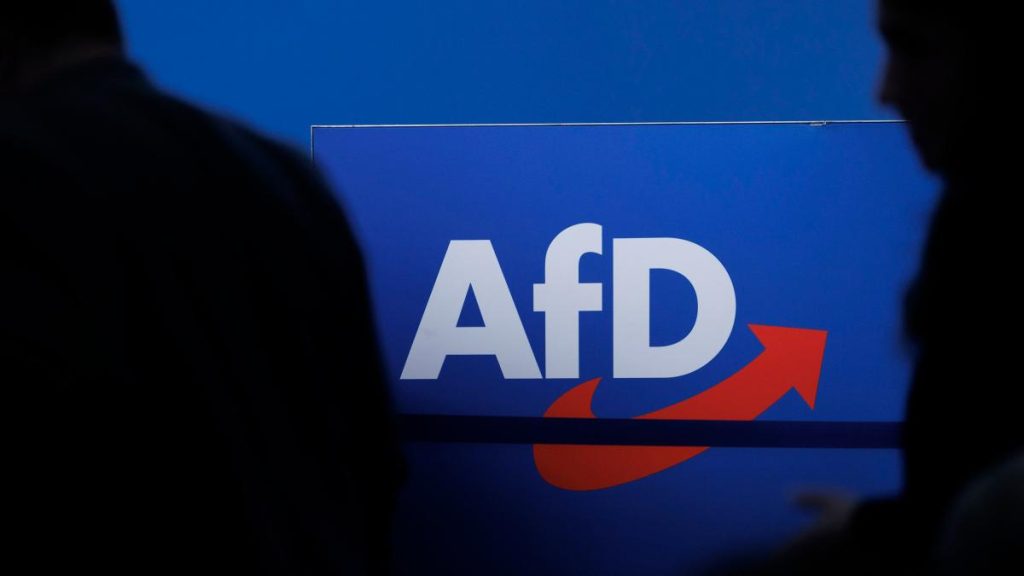The Alternative for Germany (AfD) party receives almost half of its funding from state funds, according to reports from the Bundestag. This is despite the fact that the AfD receives the lowest amount of funding in absolute numbers, mainly due to very low income from membership fees. In comparison, the Social Democratic Party (SPD) receives just under 30 percent of their total income from state funds.
In 2022, the AfD received 10.4 million euros in state funding, the lowest amount among all parties. However, this constituted 44.9 percent of their total income, as their membership fees only amounted to around 3.8 million euros. In contrast, the SPD received around 47.7 million euros in state funds, making up only 29.8 percent of their total income. Membership fees of 54.5 million euros contributed 34 percent to the SPD’s income.
The Christian Democratic Union (CDU) had a 32.6 percent share of state funds in their total income, the Free Democratic Party (FDP) had 36.9 percent, the Left Party had 36.1 percent, the Greens had 35.4 percent, and the Christian Social Union (CSU) had 32.7 percent. State funding for political parties is based on the valid voter shares they have received in previous state, federal, and European elections, with both absolute and relative limits.
The total amount allocated for state funding of political parties in 2023 was approximately 187.6 million euros, as set by the Parteiengesetz. This law also states that the state funding for each party should not exceed the amount of income they generate themselves each year, in order to prevent parties from becoming overly reliant on state funding. These regulations aim to ensure a fair distribution of funds and prevent any party from being disproportionately supported by public funds.
The high level of state funding for the AfD compared to its low membership income has raised questions about the party’s financial stability and reliance on public funds. Critics argue that parties should be more self-sufficient and not rely heavily on state funding, while supporters of the AfD point out that the party’s low membership fees reflect its grassroots nature and popularity among ordinary citizens. The debate around party financing and transparency is likely to continue as parties navigate the complexities of funding sources and political accountability.


